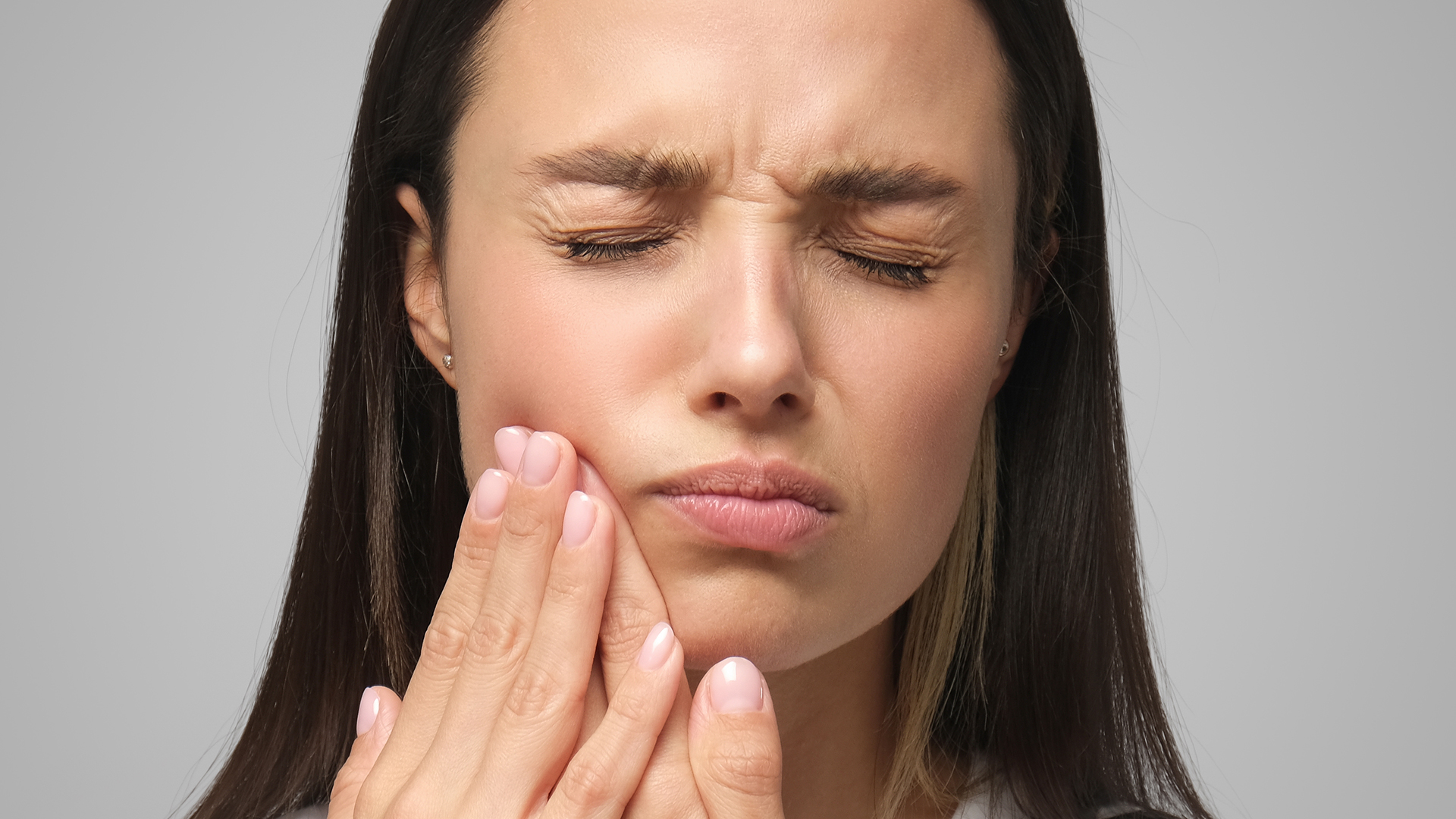
Toothache
What is toothache?
Causes of toothache
Toothache treatment
Home treatment
The medical treatment
Toothache
The feeling of pain is an alarm bell sounded by the body to alert the patient of the presence of a danger threatening the body. Necessary measures must be taken to treat and resist this disease before it escalates and results in more serious complications. However, the severity of the pain varies and differs depending on many factors. If we talk about toothache, it is characterized by severe pain that may be excruciating. It affects the patient’s life and negatively impacts his ability to concentrate on work or even enjoy life.
Toothache is one of the most common, severe, and difficult-to-control pains. Toothache appears suddenly and greatly limits the ability of the person suffering from it to live a normal life.
Toothache can be unbearable, so knowing how to react is so important to Find out what to do when you feel toothache, how to prevent it, and other details.
What is toothache?
It is pain that affects the teeth or the tissues surrounding them. It is a common problem. It is not a disease but a symptom of many dental problems. The most common cause is tooth decay or one of its complications, such as pulpitis, although there are many other causes of tooth pain, such as gingivitis or bruxism.
Poor dental hygiene is often a risk factor for dental problems and subsequent tooth pain. Sometimes the cause lies in other parts of the body, such as the ears or sinuses. Sometimes, toothache can spread to the neck or ear area and may also be accompanied by bleeding or swollen gums.
Toothache can be constant or intermittent. For example, it may appear after a specific event such as eating hot, cold, or sweet food, chewing or brushing the teeth. If the pain is persistent or recurring, it usually requires consultation with a dentist, who will prescribe the appropriate treatment depending on its cause. However, in the case of toothache, it is important not to delay seeing a dentist.
Causes of toothache
Various causes, some of which are not related to dental diseases such as:
- Tooth decay: It is the main cause of toothache. When bacteria in the mouth multiply, with poor hygiene or excessive sugar consumption, and the accumulation of a layer of plaque that adheres to the surface of the teeth. The bacteria in plaque produce acid that can penetrate tooth enamel and reach the dentin layer. The pain usually occurs after exposure to cold or heat, eating sweet foods or drinks, or when brushing the teeth. Sometimes cavities appear as brown or white spots on the surface of the tooth. If the cavity is not treated, the hole can reach the pulp of the tooth and infect it.
- Pulpitis: It is an inflammation of the pulp of the tooth (what is colloquially known as the “nerve”). If left untreated, pulpitis can progress to abscess formation and even necrosis (death) of the pulp tissue.
- Periapical abscesses: If pulpitis is left untreated, the tooth pulp dies and becomes infected, which can lead to a buildup of pus and inflammation around the tooth root. It results in severe and constant pain.
- Trauma or injuries: Pain can be caused by trauma that causes teeth to break or crack, or by wear and tear caused by the involuntary habit of grinding or pressing the upper jaw against the lower jaw (bruxism).
- Pericoronitis: This is inflammation and infection of the gums around the crown of the tooth. This usually occurs in infants and young children during teething or when wisdom teeth emerge.
- Gum disease and other gum problems: such as gingivitis, can also cause toothache if the gums recede and leave sensitive parts of the tooth exposed, such as its root. If left untreated, it develops into gingivitis, which can cause teeth to fall out or be lost.
- Ear infection: Pain caused by an ear infection can spread to the mouth.
- Sinusitis: The pain from sinusitis is often seen as coming from the upper teeth near the sinuses, especially during or after a cold.
- Heart attack: Symptoms may include pain in the jaw, neck, and/or teeth.
Toothache treatment
In the event of severe tooth pain, you should go to the dentist as soon as possible so that the affected tooth can be examined, and once the cause is determined, appropriate treatment can be carried out. If it is not treated, it can affect the surrounding tissues, causing serious problems in the mouth, face, or neck.
Home treatment
You can take some measures and follow some tips before visiting the dentist:
- Pain can be relieved using analgesics or non-steroidal anti-inflammatory drugs (NSAIDs), and it is recommended to consult a dentist before taking them. In case of bleeding gums, it is recommended to avoid aspirin, as it increases the risk of bleeding.
- You should never take antibiotics without a prescription, as they are most likely not necessary and will not help relieve your pain.
- Excessively cold, hot, or solid foods should be avoided.
- Sweets and sugar also make toothache worse, so they should be avoided.
- It is a good idea to apply local cold compresses to the cheek area adjacent to the painful tooth, due to its anesthetic role. It can also partially relieve the pain, but you should avoid putting ice inside the mouth because it can lead to aggravation of the pain.
- It is recommended to avoid putting pressure on the painful area, and not to sleep on the affected side.
- Rinse your mouth with salt water
- Rinsing with hydrogen peroxide also helps relieve toothache and inflammation.
The medical treatment
By going to the dentist, he will be able to determine the cause of the toothache and thus provide appropriate treatment. In the case of pulpitis, a filling may be enough to relieve the pain. If there is an infection but no abscess formation, antibiotic treatment will be started.
If an abscess has already formed, the dentist will drain its purulent content, prescribe antibiotic treatment and repair the tooth. If there is significant damage to the tooth, the dentist will perform a tooth extraction after starting antibiotic coverage. After dentist intervention, painkillers or NSAIDs will help relieve the pain.
summary
In conclusion, we realize that tooth pain is characterized by severity, and this requires taking everything necessary to alleviate this pain so that the patient can go to visit the dentist to diagnose the disease and take the necessary measures to treat this pain so that the patient can live his life normally.
See also: What is dental calculus cleaning?
Follow us on Instagram The Gentle Dentist
Sources
- https://www.webmd.com/oral-health/toothache
- https://my.clevelandclinic.org/health/diseases/10957-toothache
- https://www.nhs.uk/conditions/toothache/
- https://www.healthline.com/health/dental-and-oral-health/home-remedies-for-toothache
- Myth or Fact? Everything You Need to Know About Teeth Whitening at Home
- Dental Implants: The Perfect Solution for Tooth Loss and Restoring Self-Confidence
- Secrets of a Healthy Mouth: Daily Habits That Protect Your Teeth from Cavities
- Thumb sucking in children and its effect on dental health.
- Benefits of regular teeth cleaning

